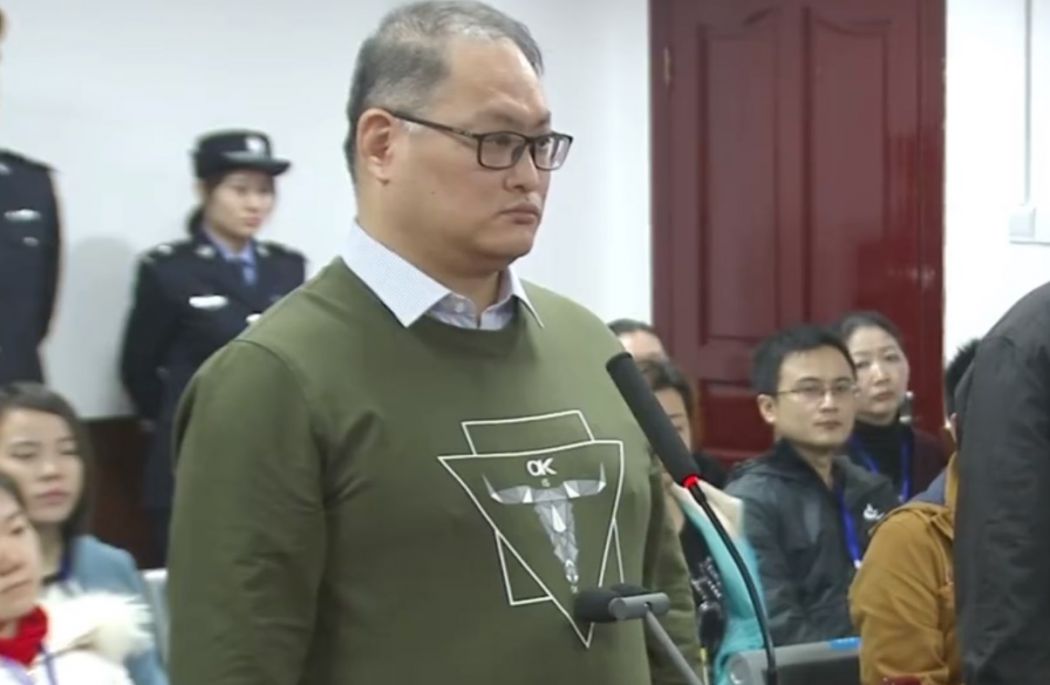By Racqueal Legerwood
March 19 marks two years since police in China’s Guangdong province forcibly disappeared Taiwanese democracy activist Lee Ming-che. Authorities eventually charged Lee with “subversion of state power” for having online discussions about transitional justice and democracy in Taiwan and sharing books on human rights with friends in the mainland. On November 28, 2017, a court sentenced him to five years in prison.

Since then, Lee has endured ill-treatment and deteriorating health; according to his wife, Lee Ching-yu, he has lost 30 kilograms. Authorities froze his commissary account, necessary to buy better food, after two unnotified and unexplained prison transfers, and does not allow his wife to send items, including clothing. Lee Ming-che is prohibited from sending letters or receiving a phone card or books, even those that meet government approval. Under the Prison Law, prisoners are entitled to family visits at least once a month, but Lee Ching-yu has only been approved to visit her husband six times. She has been denied entry to China four times.
Lee Ching-yu was last allowed to visit Lee Ming-che at Chishan Prison in Hunan province in December 2018. On January 22, prison authorities revoked Lee Ching-yu’s right to visit her husband for three months, claiming public statements she made following her last visit in December had “disrupted the prison’s standard operations for upholding the law and impeded [Li’s] reformation.” Undeterred, she issued a statement on January 29, demanding authorities to allow diplomats from Taiwan to visit on her behalf. On March 12, the US ambassador-at-large for international religious freedom, Sam Brownback, called for Li’s release during a visit to Taipei. The Chinese Foreign Ministry responded by opposing official US-Taiwan contact.

Since 2016, the Chinese government has forcibly disappeared and prosecuted citizens of other countries for helping Chinese activists or speaking critically of the government, including Swedish activist Peter Dahlin, British bookseller Lee Bo, and Swedish bookseller Gui Minhai, whose whereabouts remain unknown.
Imprisoning people for peaceful speech and ill-treating them in detention only further weakens Chinese authorities’ claim to uphold the rule of law, and presents a growing threat to activists outside China seeking change.
